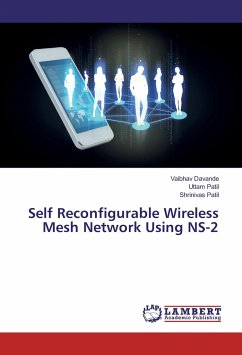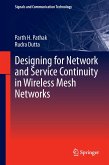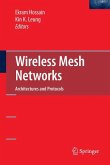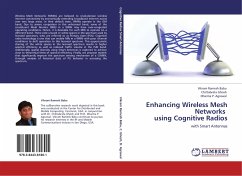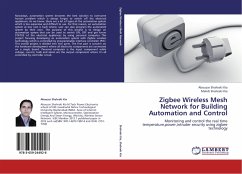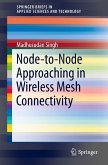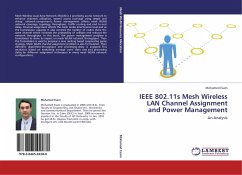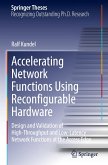Wireless mesh networks (WMNs) have emerged as a key technology for next-generation wireless networking. Because of their advantages over other wireless networks, WMNs are undergoing rapid progress and inspiring numerous applications. In multi-hop wireless mesh networks (WMNs) experience frequent link failures caused by channel interference, dynamic obstacles and/or applications' bandwidth demands. These failures cause severe performance degradation in WMNs or require expensive, manual network management for their real-time recovery. This paper presents an Autonomous network Reconfiguration System (ARS) that enables a multi-radio WMN to autonomously recover from local link failures to preserve network performance. ARS also improves channel efficiency [6] [9] by more than 90% over the other recovery methods. Due to heterogeneous and fluctuating wireless link conditions, preserving the required performance of such WMNs is still a challenging problem.

